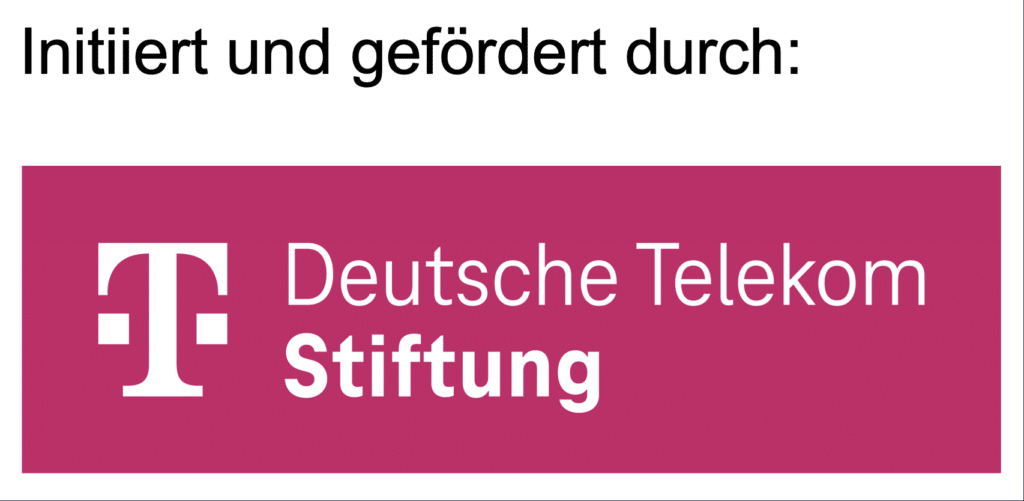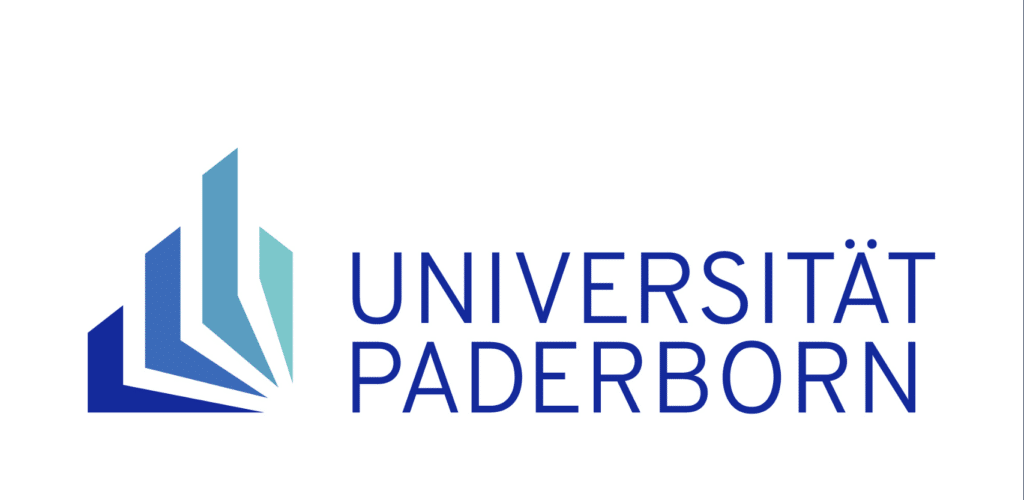Previous Sessions
Session 17 - Part 1: Line Have Musaeus & Michael E. Caspersen (Denmark)
Informatics – a fundamental discipline in the 21st century and a driver for disciplinary renewal
- 15.01.2025
- 16.00-17.00 (UTC+1)
Session 17 - Part 2: Ina Sander (Germany)
Education about Datafication: Conceptualising Critical Datafication Literacy.
- 15.01.2025
- 17.00-18.00 (UTC+1)
Session 16 - Part 1: Anna Fergusson (New Zealand)
Introducing a data science perspective on predictive modelling within a large introductory statistics course: Connecting research with practice
- 11.12.2024
- 13.00-14.00 (UTC+1)
Session 16 - Part 2: Takashi Kawakami (Japan)
Data-driven modelling approach with mathematical and statistical models at its core in school and teacher education: A focus on a societal perspective
- 11.12.2024
- 14.00-15.00 (UTC+1)
Session 15 - Part 1: Josephine Louie (USA)
Supporting critical data literacy for civic engagement and social justice
- 19.06.2024
- 16.00-17.00 (UTC+2)
Session 15 - Part 2: Joachim Engel (Germany)
Critical data literacy for democracy education
- 19.06.2024
- 17.10-18.10 (UTC+2)
Session 14 - Part 1: Ismaila Sanusi (Finland)
The Role of Data in Artificial Intelligence Literacy in school education
- 17.04.2024
- 16.00-17.30 (UTC+2)
Session 14 - Part 2: Yasmin B. Kafai & Luis Morales-Navarro (USA)
High School Youth Peer Auditing of Machine Learning-Powered Applications to Promote Computational Literacies
- 17.04.2024
- 17.30-19.00 (UTC+2)
Session 13 - Part 1: Vince Geiger (Australia)
Evaluating media claims about sustainability through the use of large data sets
- 24.01.2024
- 16.00-17.30 (UTC+1)
Session 13 - Part 2: Devin W. Silvia (USA)
A learner-centered approach to teaching computational modeling, data analysis, and programming
- 24.01.2024
- 17.30-19.00 (UTC+1)
Session 12 - Part 1: Henning Wachsmuth (Germany)
NLP Research in the Age of Large Language Models
- 29.11.2023
- 16.00-17.30 (UTC+1)
Session 12 - Part 2: Travis Weiland (USA)
Reading and Writing the World with Data
- 29.11.2023
- 17.30-19.00 (UTC+1)
Session 11 - Part 1: Martin Frank and Sarah Schönbrodt (Germany)
How much mathematical modeling is in AI?
- 17.05.2023
- 16.00-17.30 (UTC+2)
Session 11 - Part 2: Dani Ben-Zvi (Israel)
Reasoning with Data in School-Based Citizen Science
- 17.05.2023
- 17.30-19.00 (UTC+2)
Session 10 - Part 1: Tor Ole Odden (Norway)
Using Computational Essays to Support Student Creativity and Agency in Science
- 18.01.2023
- 17.00-19.30 (UTC+1)
Session 10 - Part 2: Tom Button and Ian Dickerson (UK)
Design decisions in creating short data science courses for pre-university students
- 18.01.2023
- 18.30-19.30 (UTC+1)
Session 09 - Part 1: Nick Horton (USA)
Teaching reproducibility and responsible workflows
- 18.01.2023
- 17.00-18.30 (UTC+1)
Session 09 - Part 2: Francine Berman (USA)
Teaching Social Responsibility for a Tech-Powered World
- 18.01.2023
- 18.30-20.00 (UTC+1)
Session 08 - Part 1: Ute Schmid (Germany)
Learning About and Learning with Artificial Intelligence in School: From Understanding of Basic AI Concepts to Trustworthy and Human-centric AI Tools
- 07.12.2022
- 17.00-18.30 (UTC+1)
Session 08 - Part 2: Jane Waite (England)
A hands-on workshop to develop a set of potential goals for learning about AI
- 07.12.2022
- 18.30-20.00 (UTC+1)
Session 07 - Part 1: Conrad Wolfram (England)
Roadmap to Computational Thinking for the AI age: A challenge for Mathematics and Computer Science Education
- 02.11.2022
- 17.00-18.30 (UTC+1)
Session 07 - Part 2: Sven Hüsing, Carsten Schulte and Dan Verständig (Germany)
Epistemic Programming and Creative Coding: Programming as an Empowering Means for Self-Expression and Communication
- 02.11.2022
- 18.30-20.00 (UTC+1)
Session 06 - Part 1: Marc Hauer (Germany)
My AI discriminates? How could this happen and who is to blame?
- 02.06.2022
- 16.00-17.30 (UTC+2)
Session 06 - Part 2: Michelle Hoda Wilkerson (USA)
A Framework for Exploring the Purposes and Processes of Data Wrangling in Complex Self-Directed Analysis Tasks
- 02.06.2022
- 17.30-19.00 (UTC+2)
Session 05 - Part 1: Lukas Höper and Carsten Schulte (Germany)
Data Awareness: Be aware of the data!
- 18.05.2022
- 16.00-17.30 (UTC+2)
Session 05 - Part 2: Orit Hazzan and Koby Mike (Israel)
Teaching Core Principles of Machine Learning with a Simple Machine Learning Algorithm: The Case of the KNN Algorithm
- 18.05.2022
- 17.30-19.00 (UTC+2)
Session 04 - Part 1: Arnold Pears (Sweden)
Why Computing Education, and Especially CT, Needs a Broader Perspective!
- 01.04.2022
- 16.00-17.30 (UTC+2)
Session 04 - Part 2: Jim Ridgway (England)
Education for a fast-changing world: Conceptions of Statistical Literacy and Data Science
- 01.04.2022
- 17.30-19.00 (UTC+2)
Session 03 - Part 1: Graham Dove (USA)
Learning data science through civic engagement with open data
- 02.01.2022
- 16.00-17.30 (UTC+1)
Session 03 - Part 2: Rob Gould (USA)
Why should students take a data science course?
- 02.01.2022
- 17.30-19.00 (UTC+1)
Session 02 - Part 1: Tobias Matzner (Germany)
Beyond Bias. Locating questions of injustice in Data Science and Artificial Intelligence
- 24.11.2021
- 16.00-17.30 (UTC+1)
Session 02 - Part 2: Rolf Biehler and Yannik Fleischer (Germany)
Bringing together statistics and computer science education: Machine learning by decision trees grounded in students’ data exploration experiences
- 24.11.2021
- 17.30-18.30 (UTC+1)
Session 01 - Part 1: Jan Mokros and Bill Finzer (USA)
Data Detective Clubs in the Time of COVID-19
- 27.10.2021
- 16.00-17.00 (UTC+1)
Session 01 - Part 2: Matti Tedre and Henriikka Vartiainen (Finland)
Teaching machine learning in school: Some emerging research trajectories
- 27.10.2021
- 17.30-18.30 (UTC+1)



